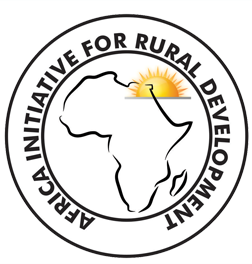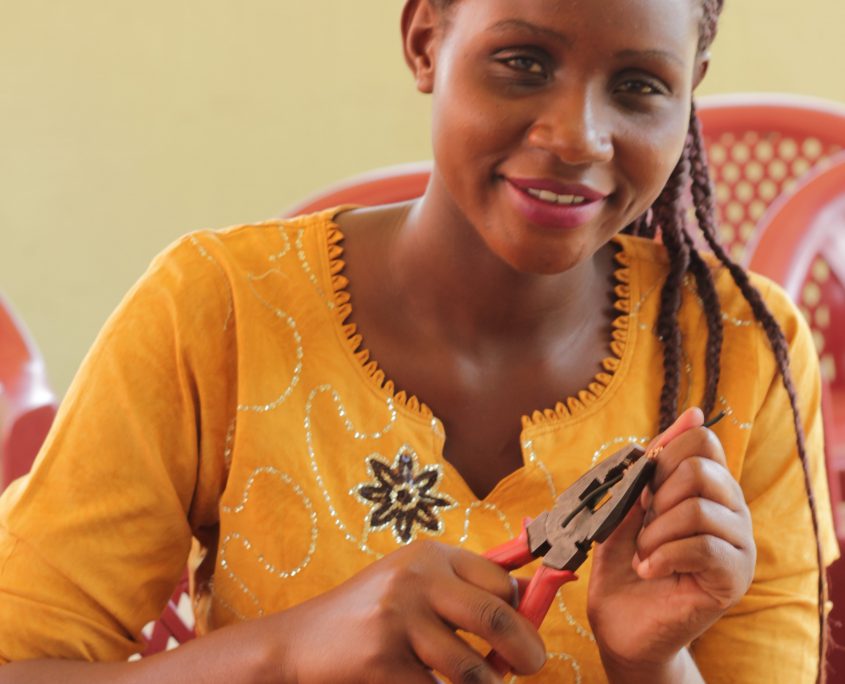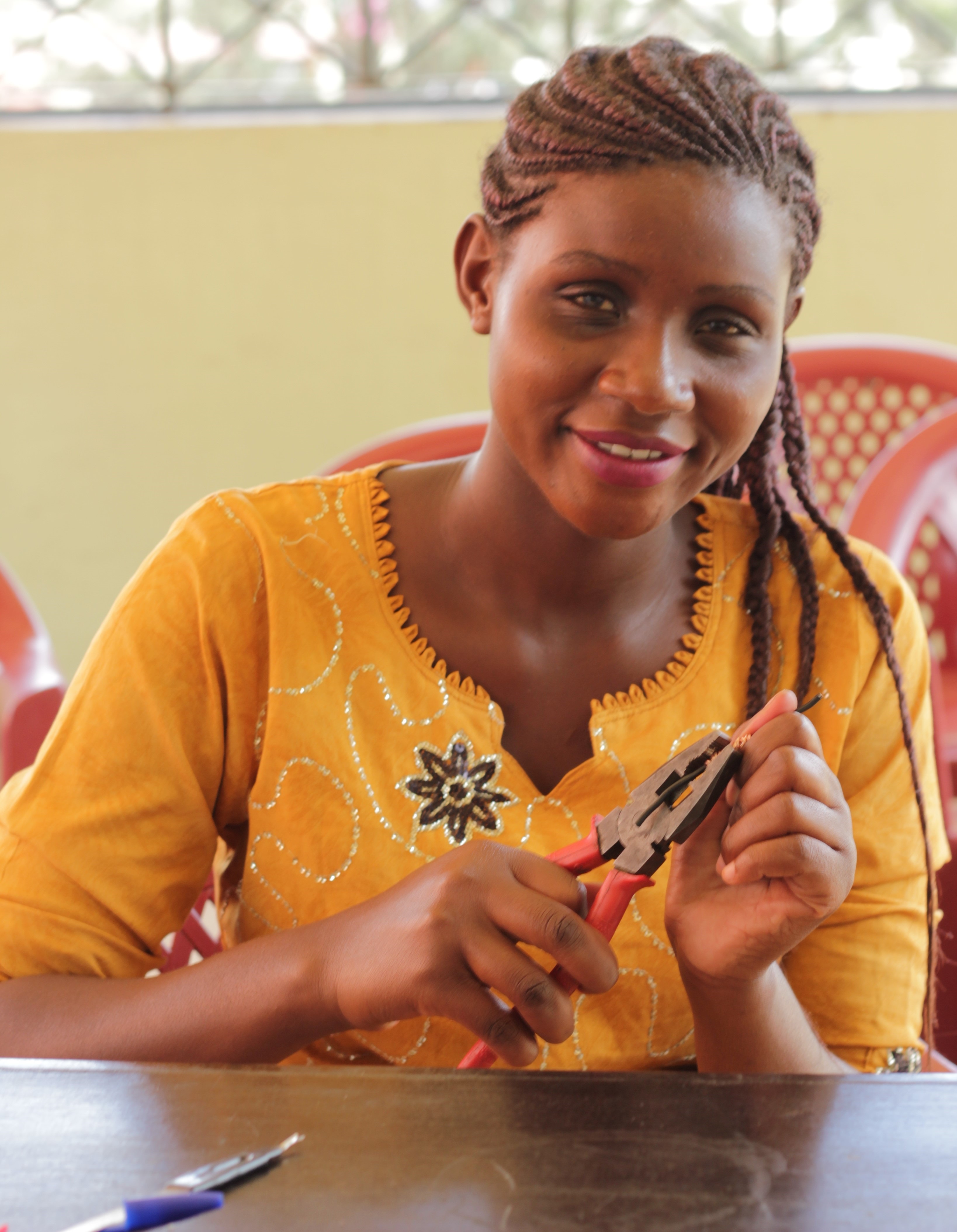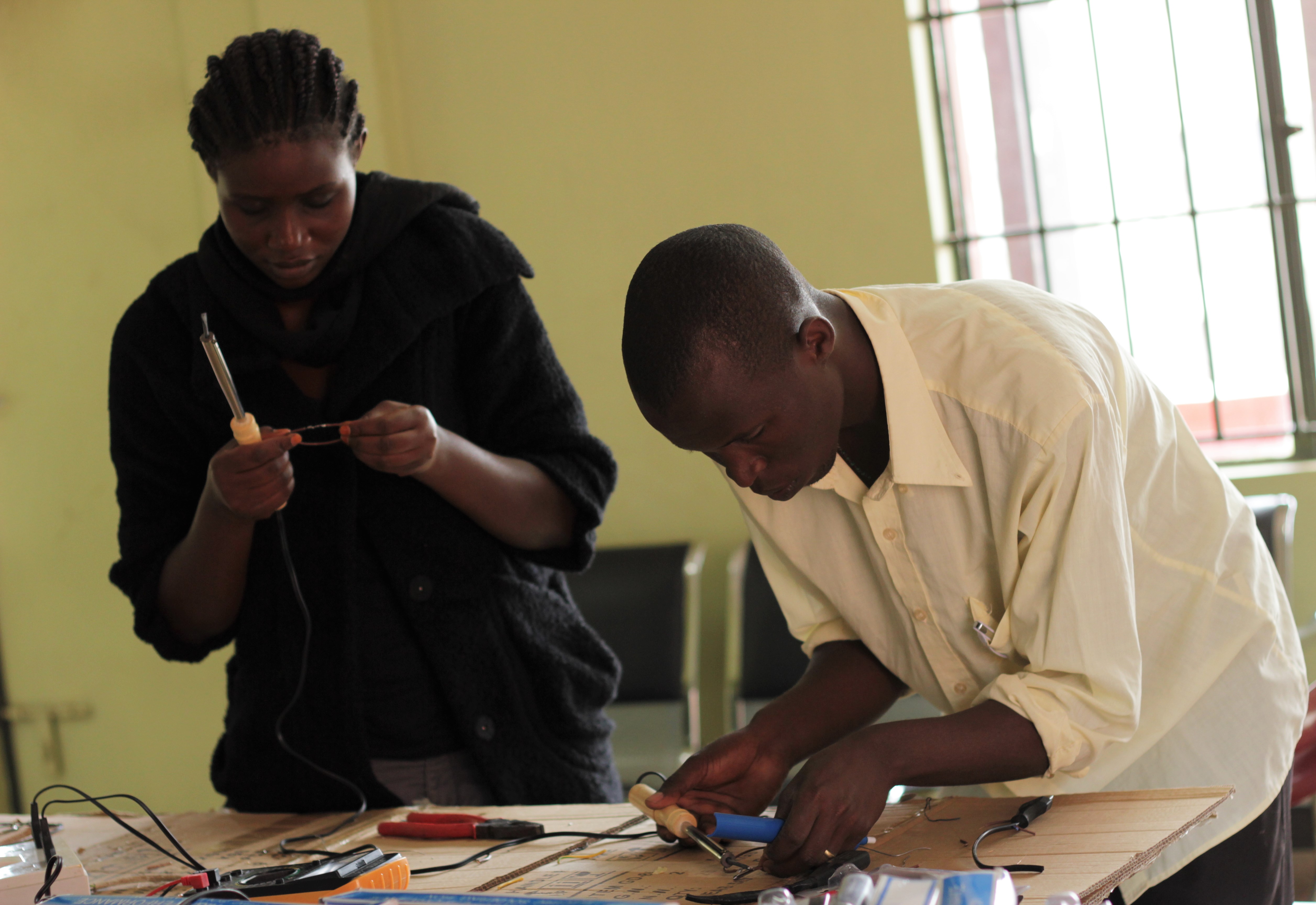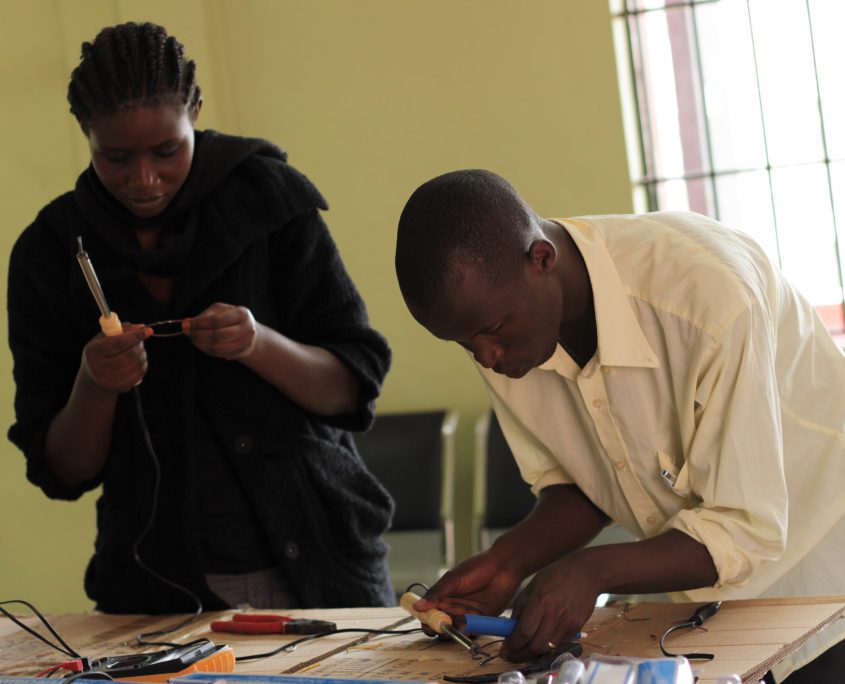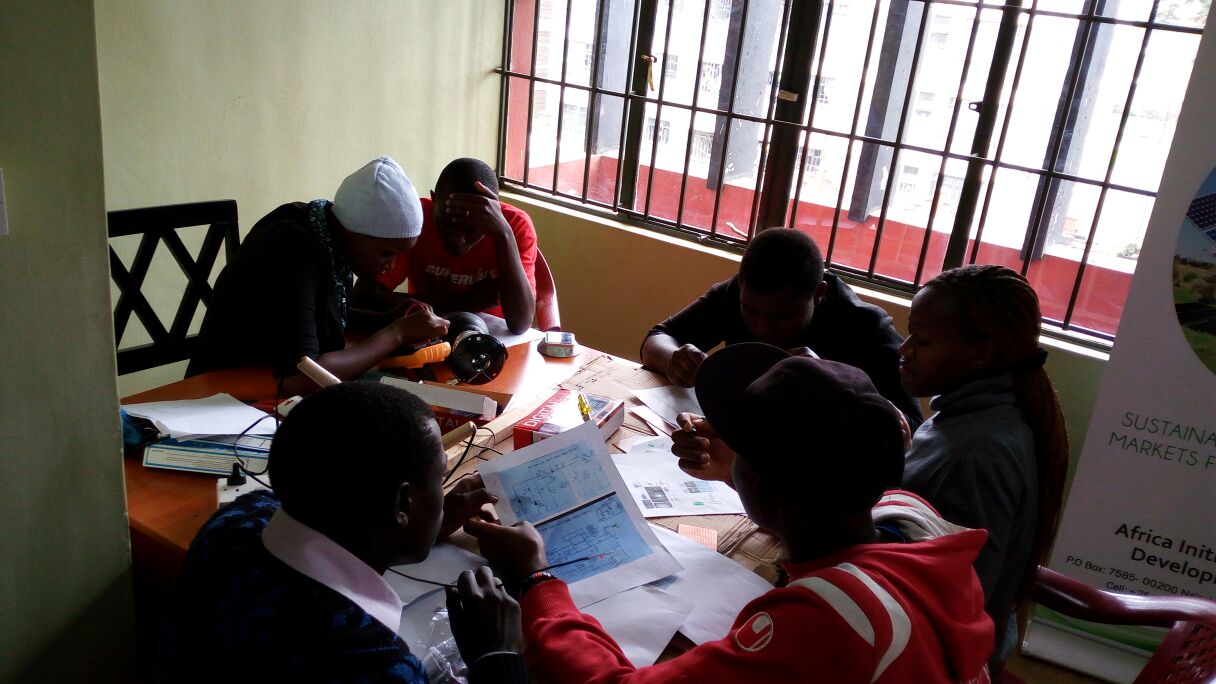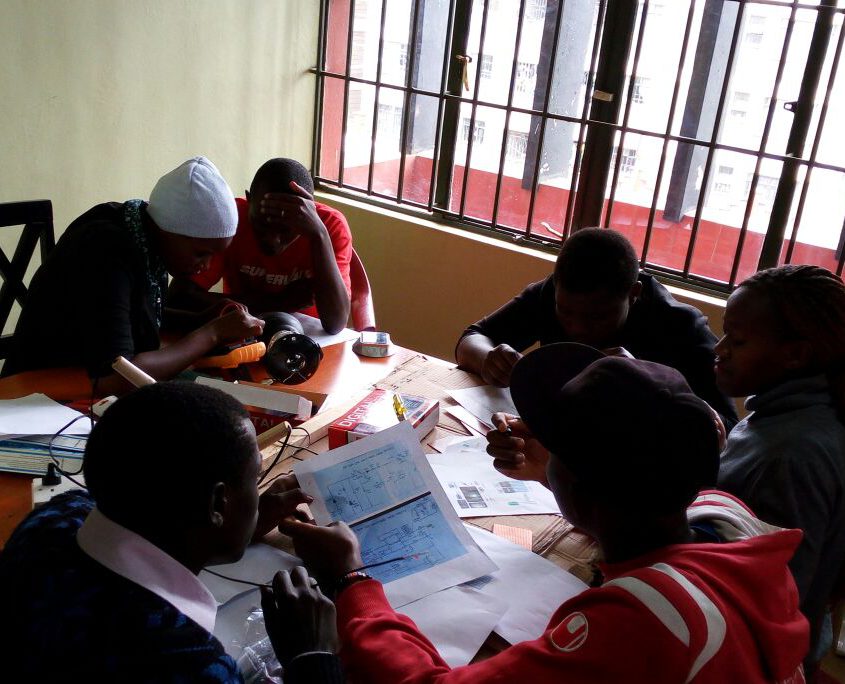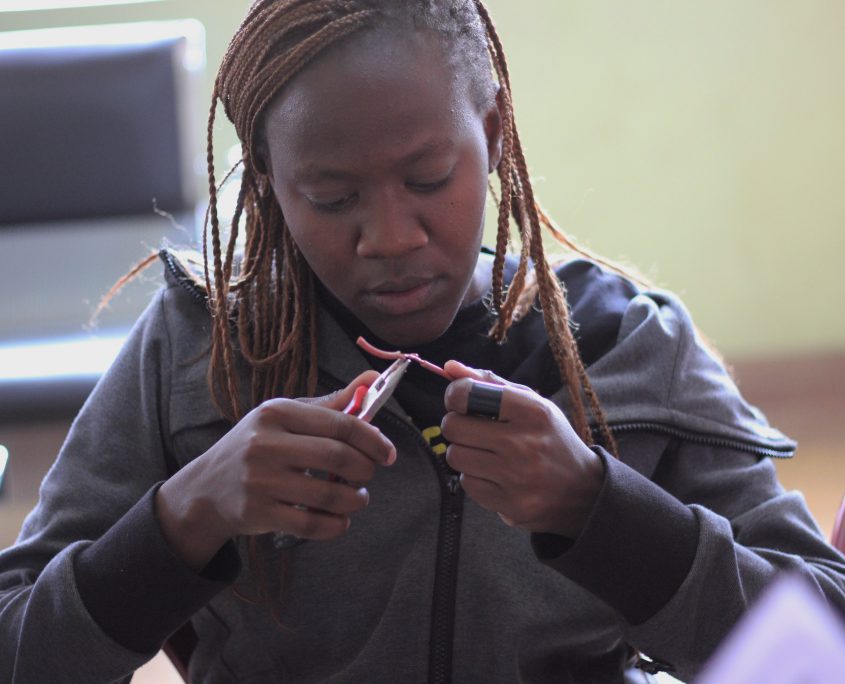Enhancing Rural Women and Youth Engagement in Entrepreneurship
Entrepreneurship is the Key
The poor are dependent on market systems in various ways. Changing those market systems to work more effectively and sustainably for the poor improves their livelihoods and consequently reduce poverty.
This is so especially for rural women and youth who despite the enormous effort they put in the rural economy – particularly in agriculture have nothing much to show for it.
Promoting the rural women and youth economic empowerment is seen as one of the most important driving forces behind reducing poverty and aiding economic growth. The rural women and youth are paid less for their work and see fewer benefits of their labour. Women pursuit of economic empowerment encounters constraints in multi- levels that inhibit their active and viable participation in the market
These challenges are deeply entrenched social norms that affect women’s access to productive resources and assets, division of labour, access to training, information as well as market opportunities; gender sensitive policies that are not implemented; limited capacity of local actors to engage on gender norms and value affecting women economic empowerment, and limited capacity of women to access input, business assets and also lead successful businesses.
How we solve the Challenges
AiRD has been keen in developing and implementing projects that seek to address this constraints that tend to hinder the markets from working for women and youth. Different approaches and interventions have been implemented/are being implementing and include: Business Management trainings, financial literacy trainings, trainings on leadership and governance to have women and youth develop confidence, have the skills required for effective interaction at the market place, besides lobbying to have favorable policies. With skilled, connected and more conscious women and youth, the economies of the rural areas will never be the same again!
